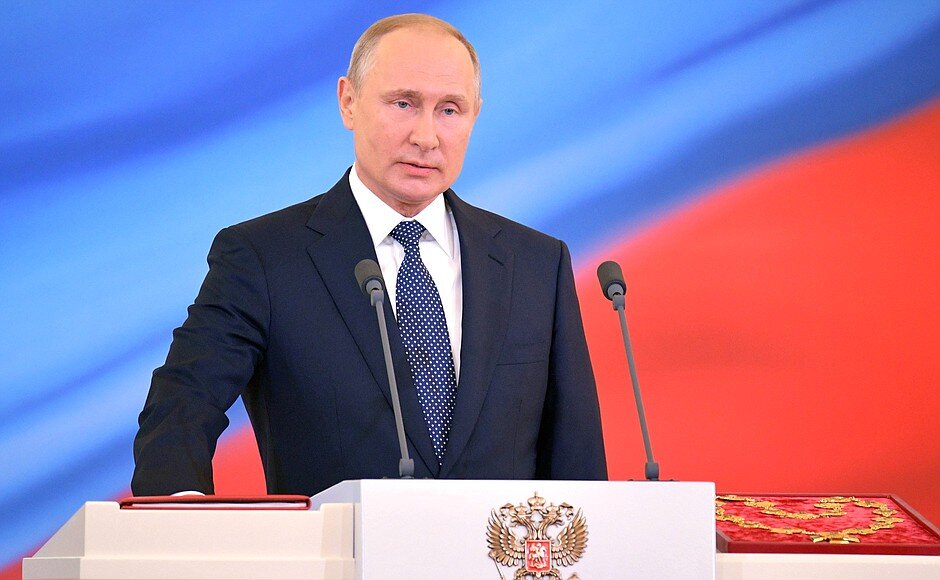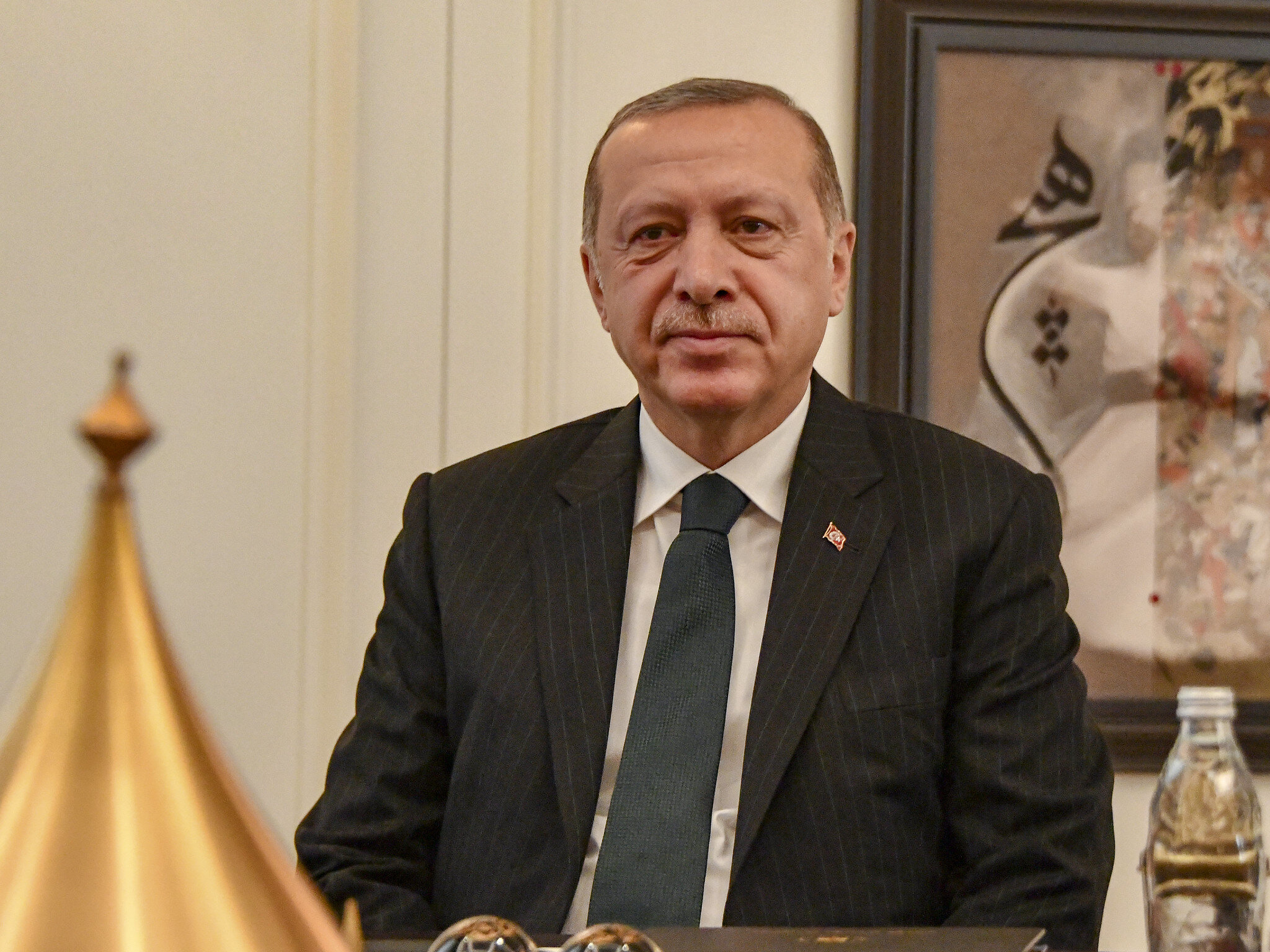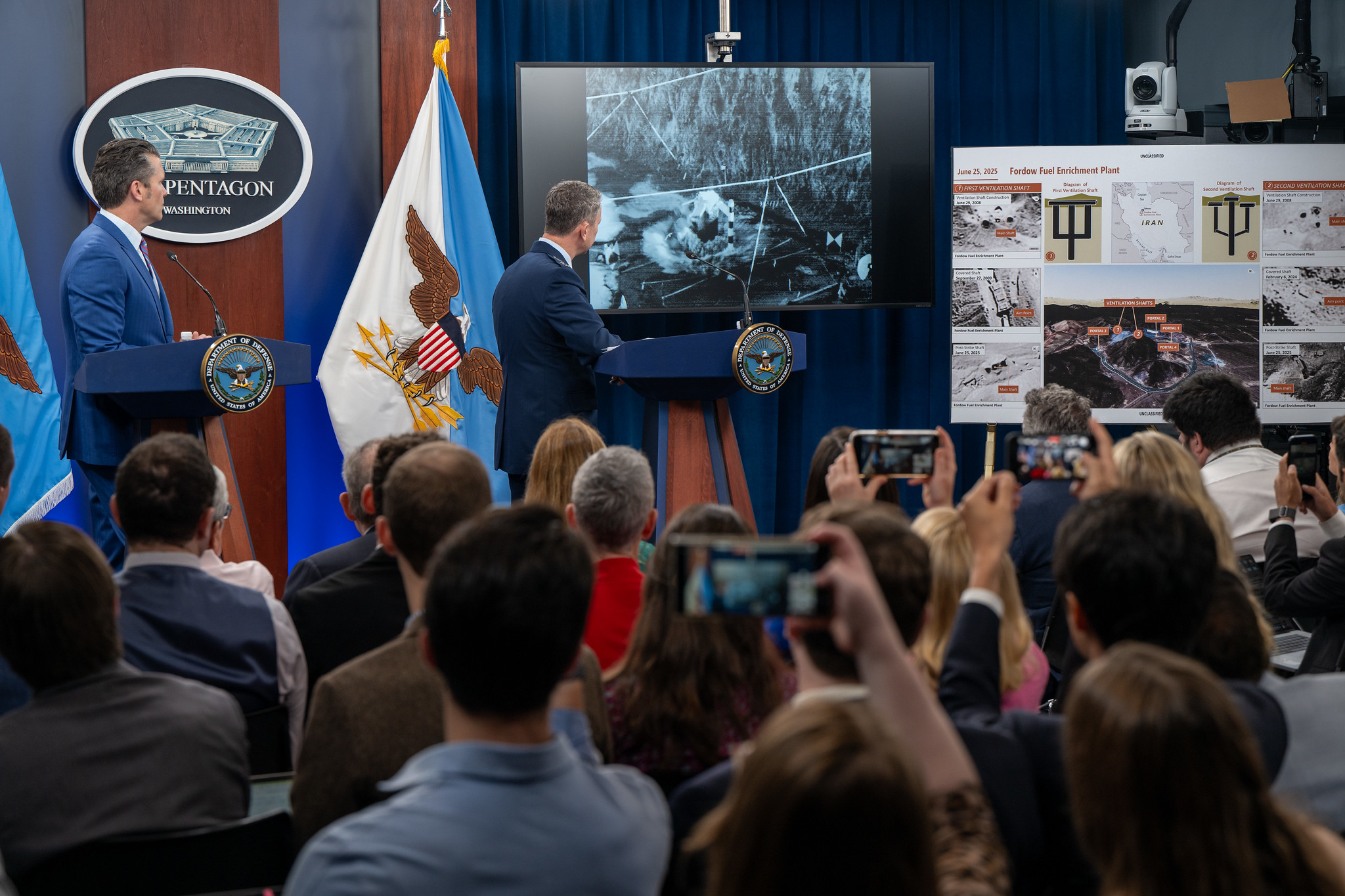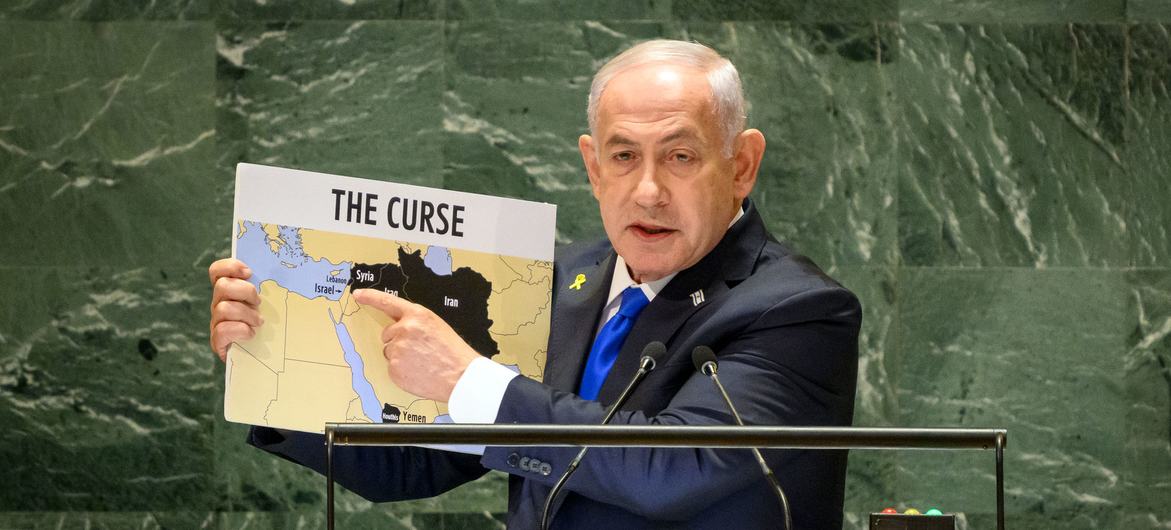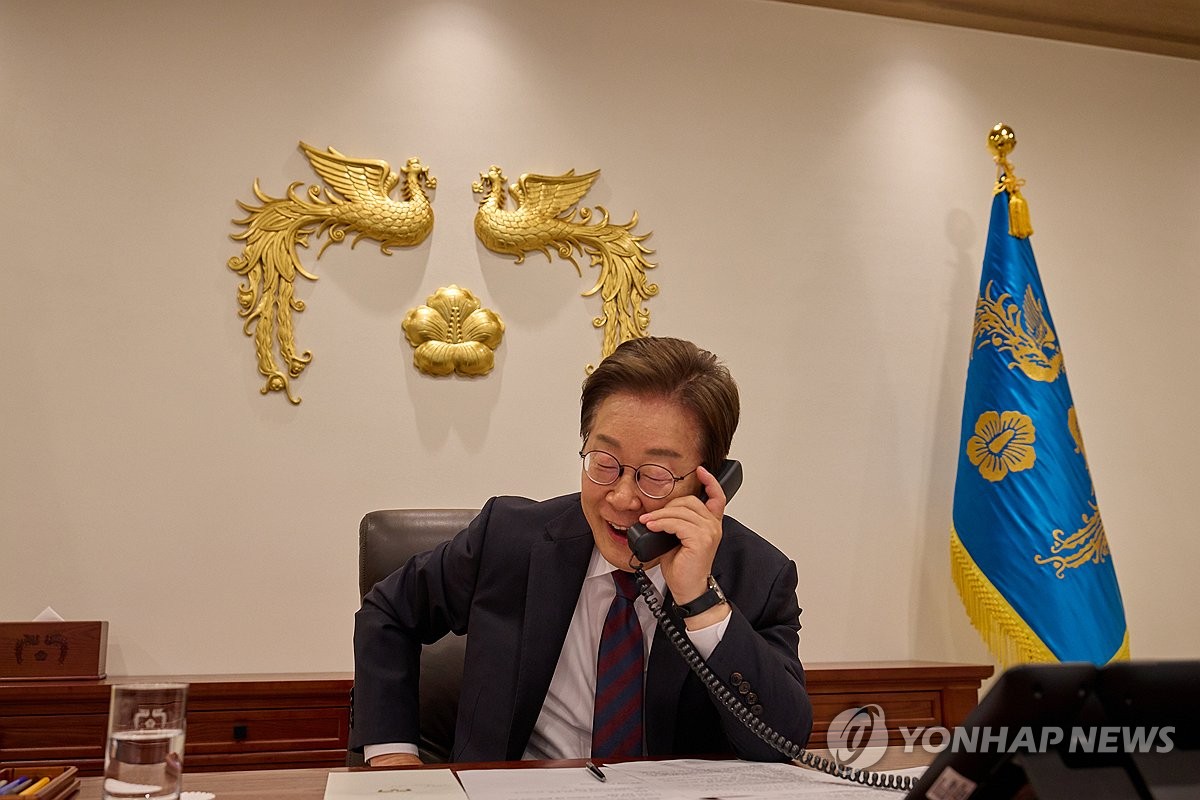WASHINGTON, December 30th, 2019. Ending a war, troop withdrawals, de-escalating tensions, none of these were among the goals stated in dual announcements from both the Department of State and the Senate Committee on Foreign Relations about U.S. foreign policy in the Middle East going into 2020.
2019 has been a year largely punctuated by U.S. failures in the Middle East – to de-escalate tensions between Shia and Sunni powers, to do anything at all to stop the widespread civilian deaths from military and nonmilitary causes in Yemen, to achieve intra-Afghan peace talks with the Taliban or reduce the number of civilian deaths in Afghanistan, or to protect or enhance the security of our regional allies.
Yet military and diplomatic leaders of the United States are already marching into 2020 with a bold set of new initiatives and objectives to suggest a change in focus over the next decade.
According to Chair of the Senate Foreign Relations Committee Sen. Jim Risch (R – I.D.) and Assistant Secretary for Near Eastern Affairs David Schenker, 2020 will be heavily Russo-focused.
ANKARA, Turkey. October 17, 2018. PICTURED: Turkish President Recep Tayyip Erdogan in a meeting with U.S. Sec. of State Mike Pompeo. Erdogan has been involved in several of the major disputes between Russia and the U.S. in 2019.
Russia in 2019
Despite possessing the largest stockpiles of nuclear weapons on the planet, relations between the United States and the Russian Federation is not on good terms.
In March there was a rise in tensions over reports that Russian warships and troops had embedded themselves in Venezuela. The corresponding statement and call from Sec. of State Mike Pompeo to Foreign Minister Sergei Lavrov came just days before Juan Guaido, the American-financed and self-styled Interim President of Venezuelan opposition attempted to seize control of the country.
Despite constant pressure from the United States throughout 2019, even reaching threats of economic sanctions, Turkish President Recep Tayyip Erdogan has resolved to purchase the Russian-made S-400 missile defense system.
Turkey, a NATO ally, is also one of the only countries awarded the contracts to produce parts for the new F-35 American fighter jet. For NATO security reasons, the United States asserts Turkey can have Russia’s missiles or America’s jets, not both.
The 2020 National Defense Authorization Act includes provisions to prevent Turkey owning the jets, after sales of the missile system went through in July.
In August, the United States formally withdrew from the Intermediate-Range Nuclear Forces Treaty, a ballistic missile treaty signed by Ronald Reagan and Mikhail Gorbachev on the grounds that Russia had for several years been constructing an arsenal of weapons outside the treaty’s restrictions.
Allegations made by NATO’s Secretary General Jens Stoltenberg absolved the U.S. of the blame for the treaty’s failure.
In October, Erdogan once again sparked tensions between Russia and the U.S. after he announced Turkey was going to carry out a ground invasion into northern Syria in order to create a safe zone, wherein he planned to deposit at least a million of the 3 million Syrian refugees living in Turkey since the outbreak of the Civil War and the American insurgency.
After a week or two of intense fighting where hundreds of Kurdish-Syrian militia forces were killed, a multilateral agreement was made between Erdogan and Putin in Sochi, which Assad in Damascus later chose to abide by.
The decision came after a 120 hour ceasefire negotiated between Trump and Erdogan was called off due to Kurdish militia units not withdrawing from the border quickly enough, thus breaking the terms.
Some foreign policy analysts in the U.S. described this as loss for Trump and a victory for Putin and Russian influence in the region, even though the agreement rapidly scaled down the conflict which is now almost entirely confined within the northern Idlib Province.
PICTURED: NATO Secretary General Jens Stoltenberg. Photo credit Arbeidpartiet. CC 2.0
Confronting Russian aggression
At the conclusion of the recent NATO member summit in December, it became clear that confronting a “more assertive Russia” was the collective understanding within the alliance.
U.S. levels of troops and financial support for Europe’s militaries is higher now that it was during the 70s and 80s, as Secretary General Stoltenberg was happy to announce.
“Sometimes we also hear that the US is leaving Europe,” said Stoltenberg in the opening of the 70th Anniversary meeting of the NATO members in London. “That’s not correct. The US is actually increasing their presence in Europe”.
Since the end of the Cold War, NATO encroachment has continued all the way to border of Russia, all the way into 2019, with North Macedonia joining the alliance this year.
Ray McGovern, writing for Antiwar.com, details that it was NATO plans to offer membership to Ukraine and Georgia, and an American instigated coup d’etat in Ukraine after the Crimean people overwhelmingly voted for independence that caused Russia to seize the tiny peninsula containing their only warm-water naval base; one that had been in use by the Russian navy for decades.
Russia and the Middle East in 2020
“The committee also worked to counter Russia’s malign influence and protect the integrity of Europe’s energy sector,” writes Senator Risch in the recent statement about his committee’s successes in 2019. “On July 31, the committee approved legislation to impose sanctions on companies laying the Nord Stream 2 pipeline if they do not cease their operations”.
Speaking on the State Department’s plans for Russia and the Middle East in 2020, Assistant Sec. Schenker remarked that these would “include Iran’s persistent malign influence in the region and globally,” and that “in 2020, we’ll also be seeing an increase in U.S. efforts to counter Russian meddling and Chinese extortion in the region”.
Meanwhile as Iraqi protesters attack the U.S. embassy, the State Department fell back on the only causation of any forms of unrest in the region, Iran is responsible.
Paul Pillar, writing for Responsiblestatecraft.org discusses the elephant in the room of the State Department’s accusations by reminding us ”the newest outburst in Baghdad is in response to U.S. airstrikes Sunday on facilities in Iraq of the Kataib Hezbollah militia, which killed at least 25 and wounded at least 55 more”.
“The airstrikes were billed as retaliation for a rocket fired two days earlier at an Iraqi naval base that killed an American civilian contractor and wounded “several” other Iraqi and U.S. personnel,” Pillar continues. “Iraqis noticed the obvious disproportionality between the U.S. airstrikes and what they were retaliating for, and this disproportionality was part of what underlay the angry popular response.”
Commenting on the airstrikes, senior officials from the State Department said on Tuesday that “it shows that the President has done a very good job of balancing and calibrating our diplomatic efforts in terms of our foreign policy in Iran, Iraq, Syria, and also backing that up with the hard power”.
Hardly embodying a balance of any kind, the following day Sec. of State Pompeo announced that a powerful MP in the Iraqi legislature was an Iranian proxy.
Continue exploring this topic — Russia And Turkey Negotiate Memorandum To Resolve Conflict In Northern Syria
